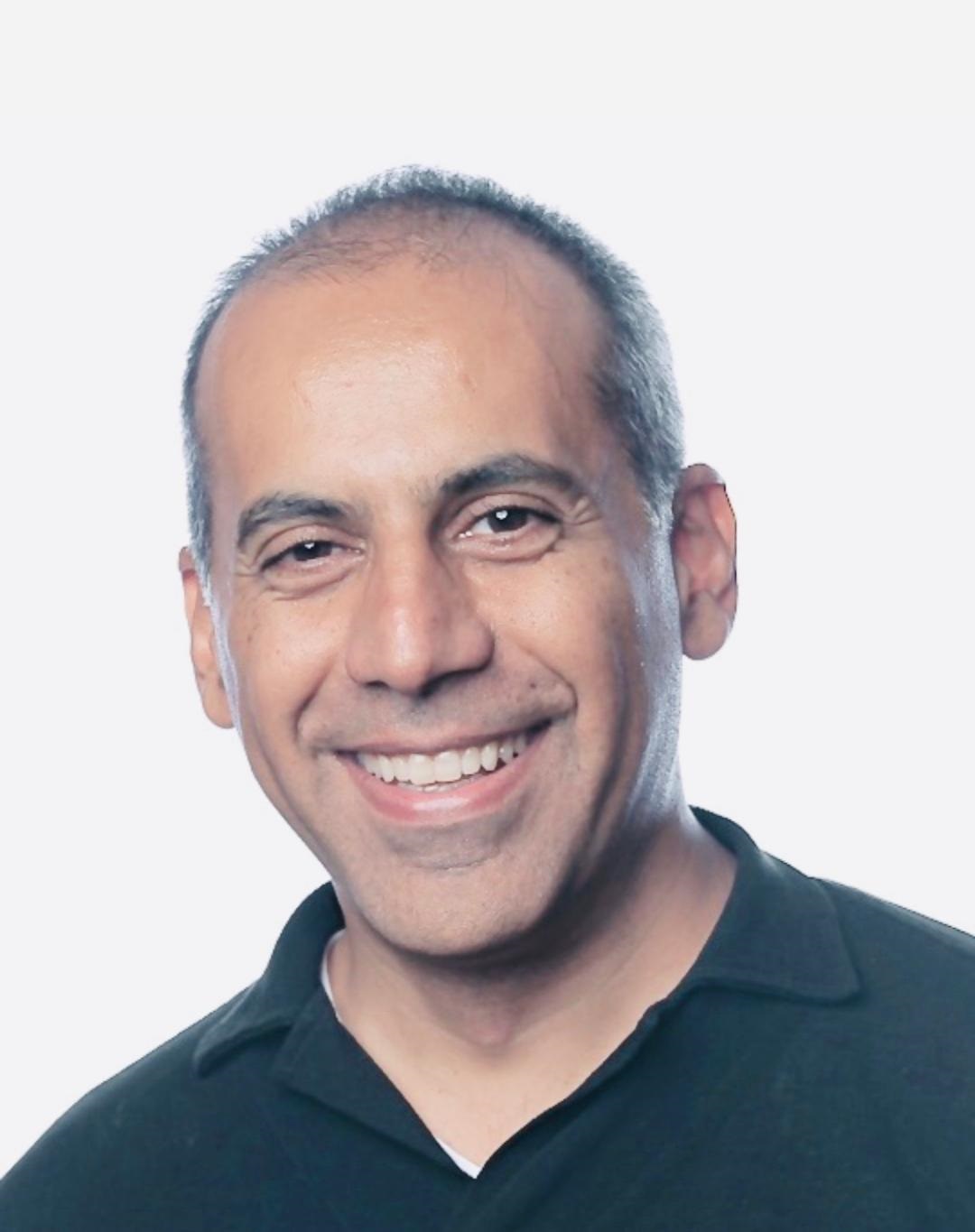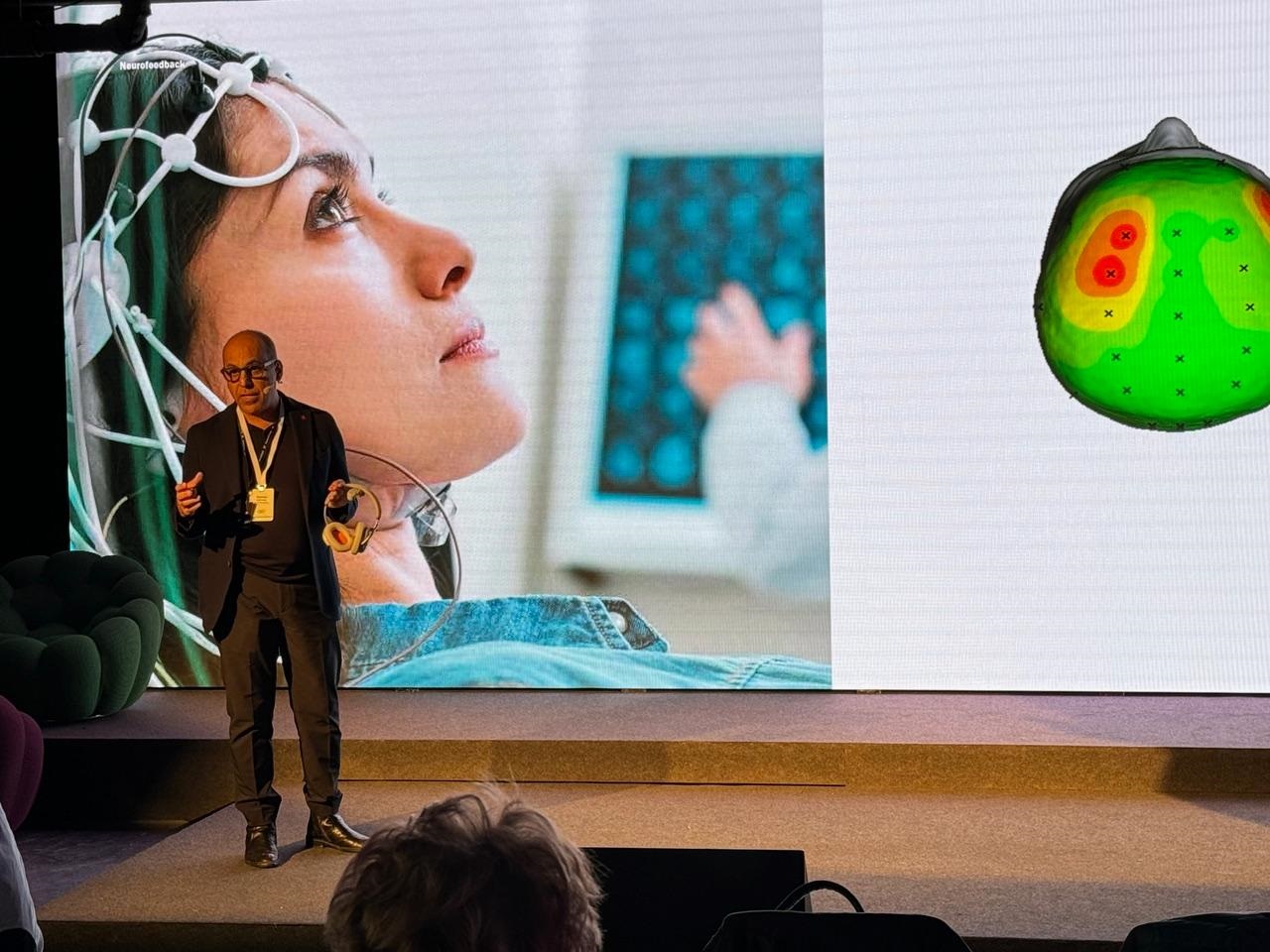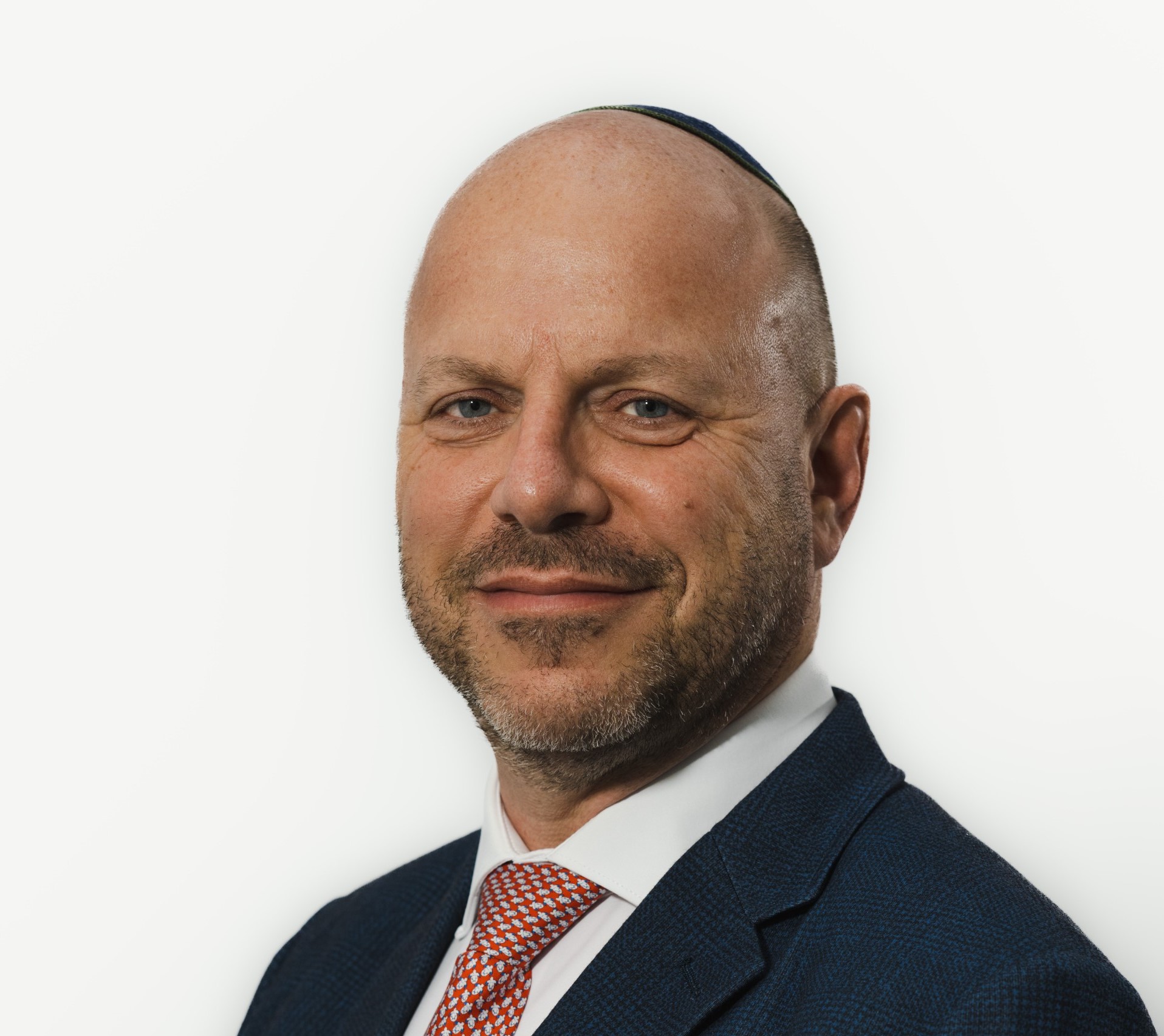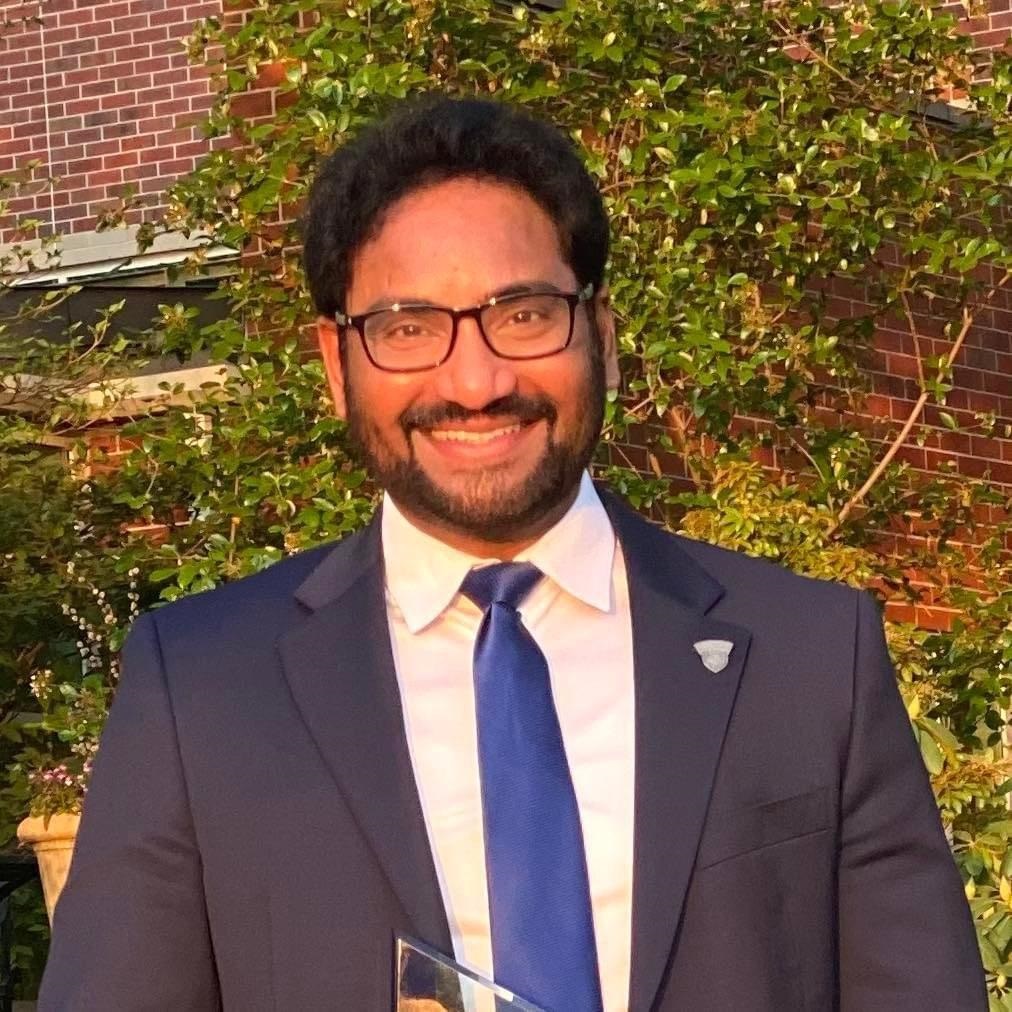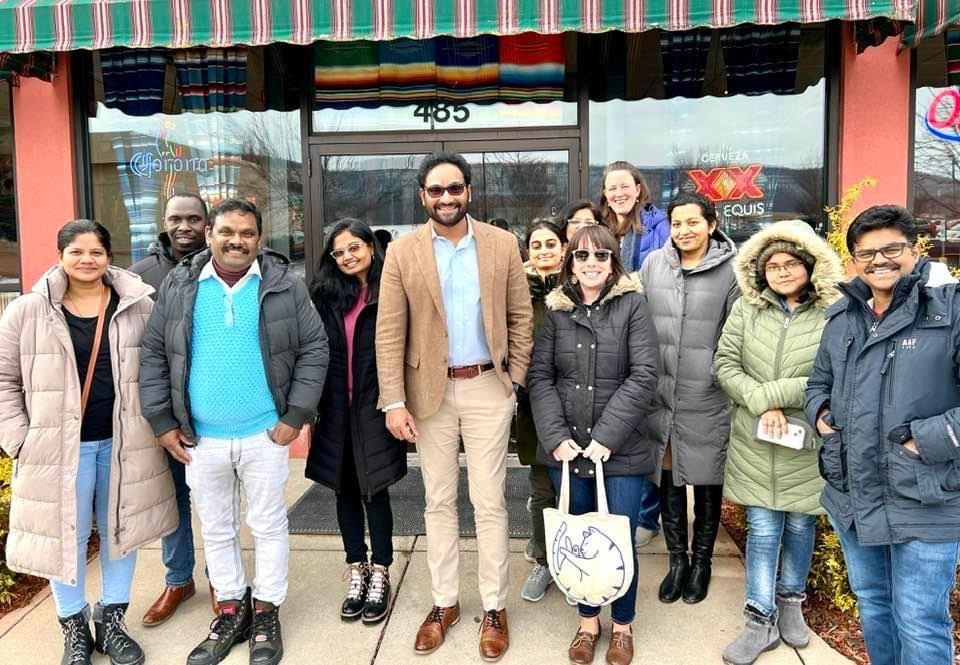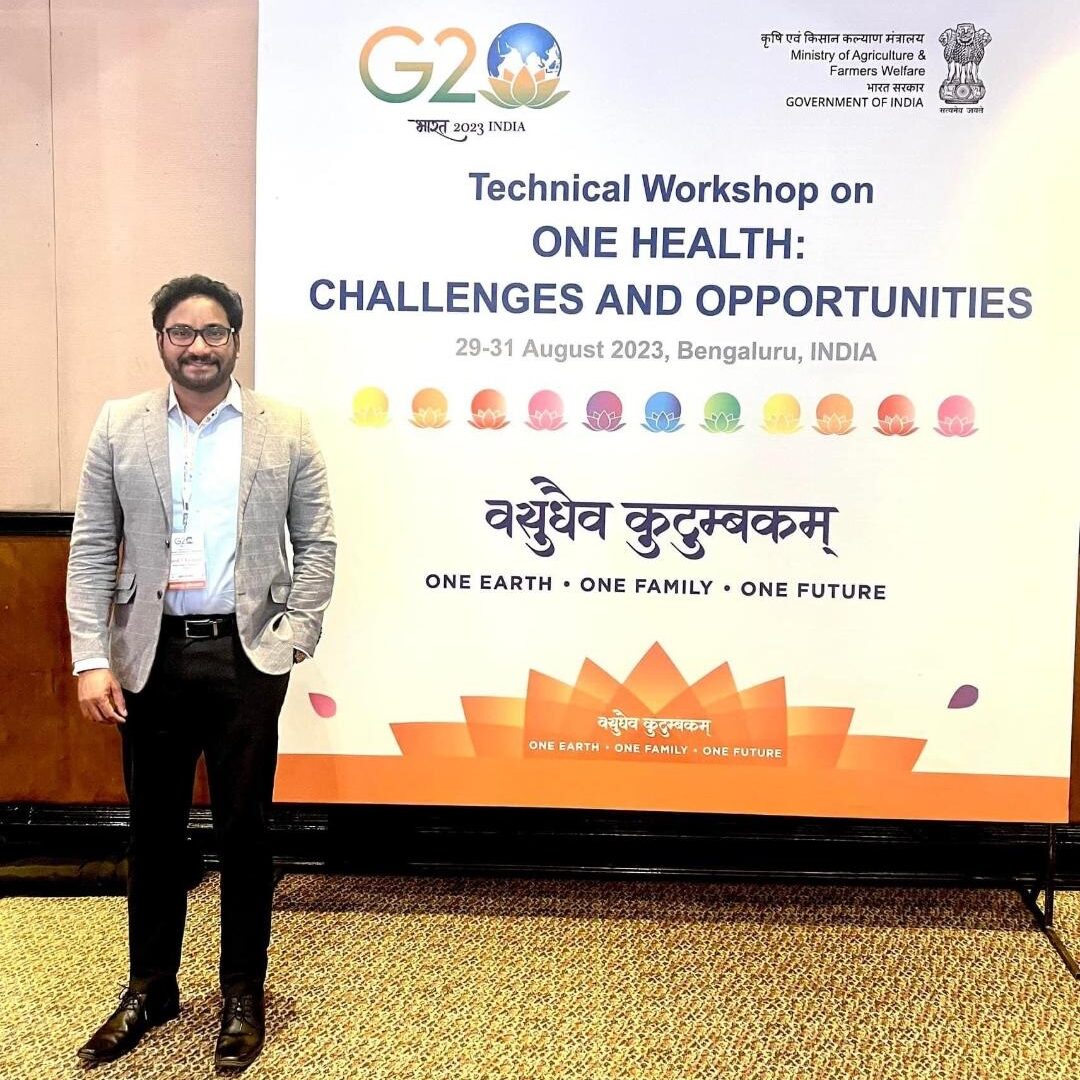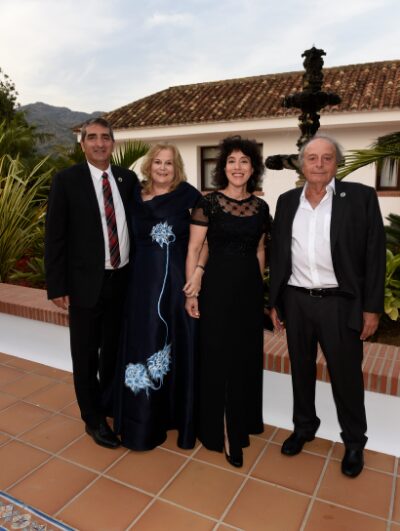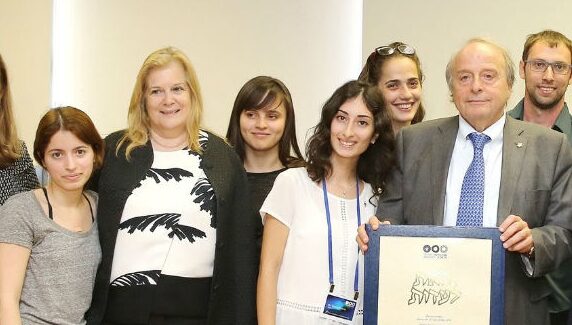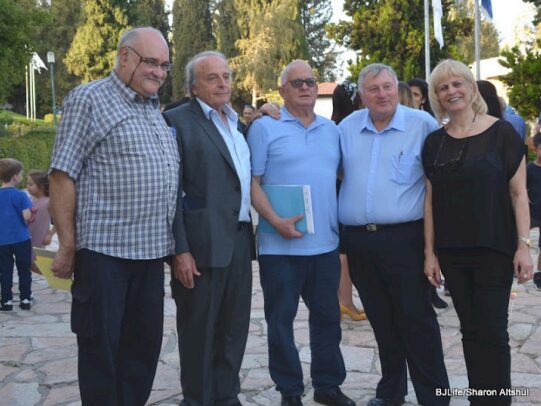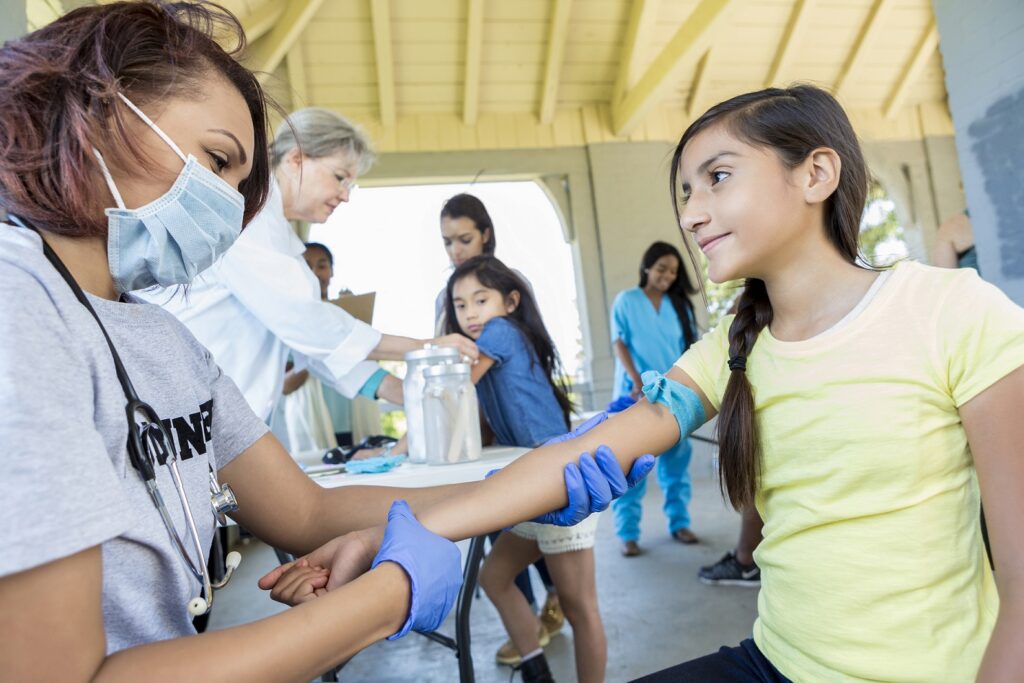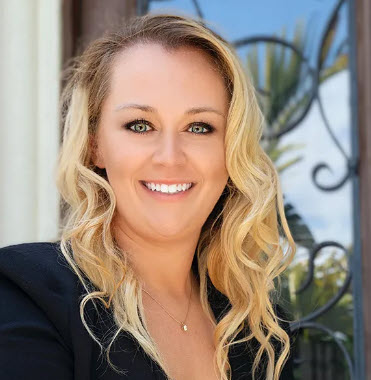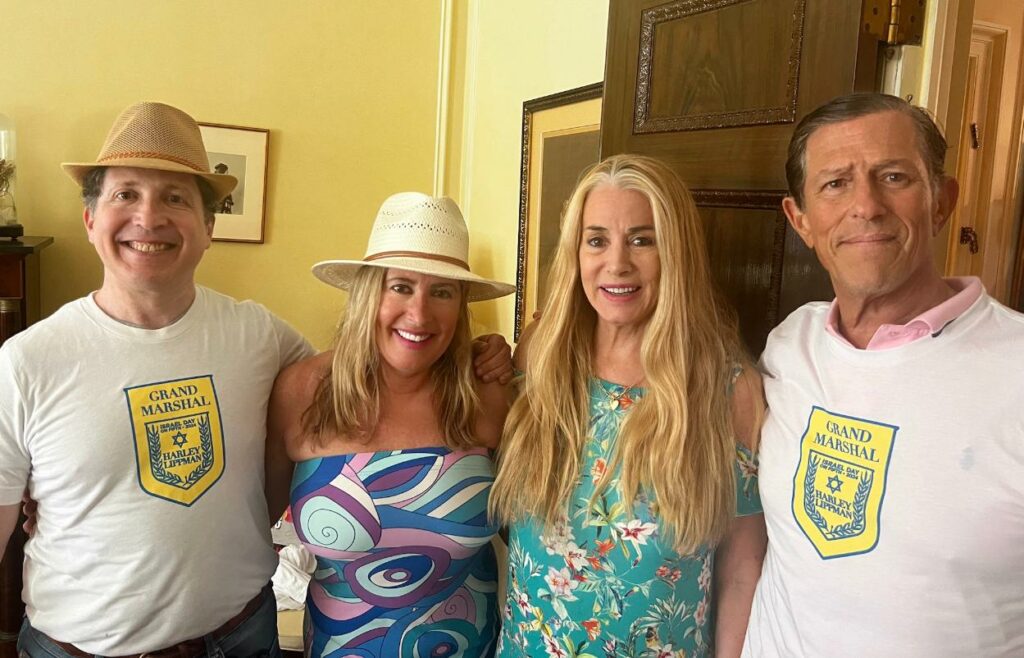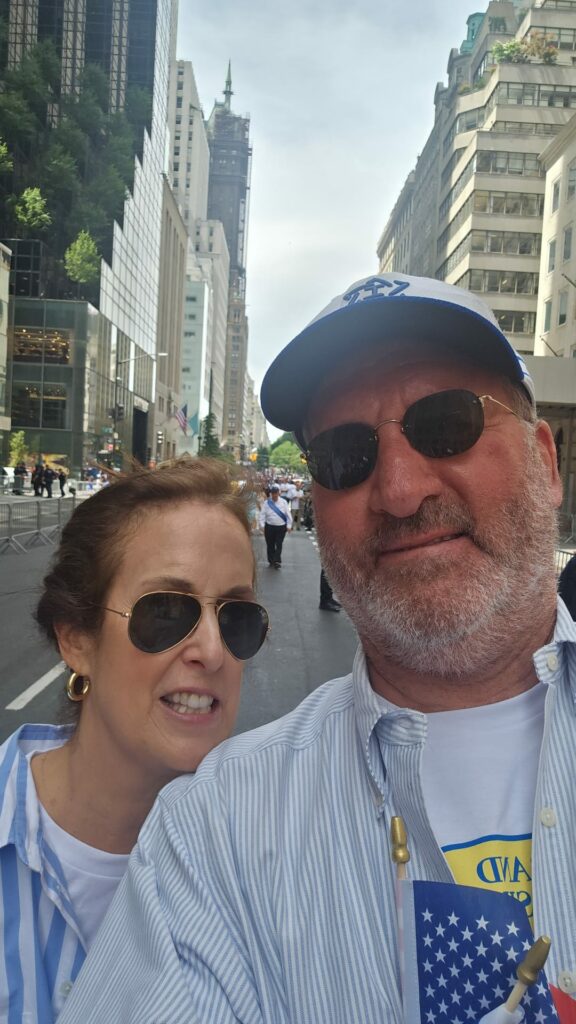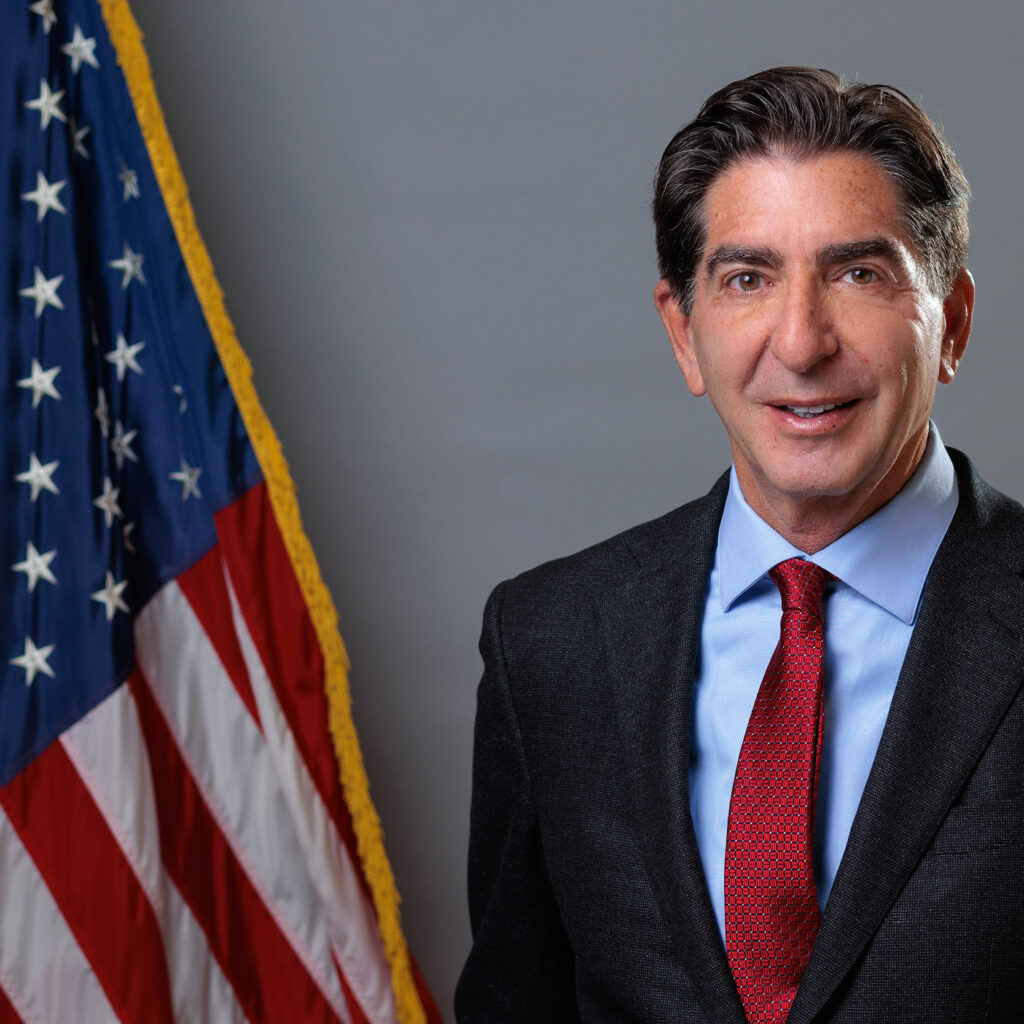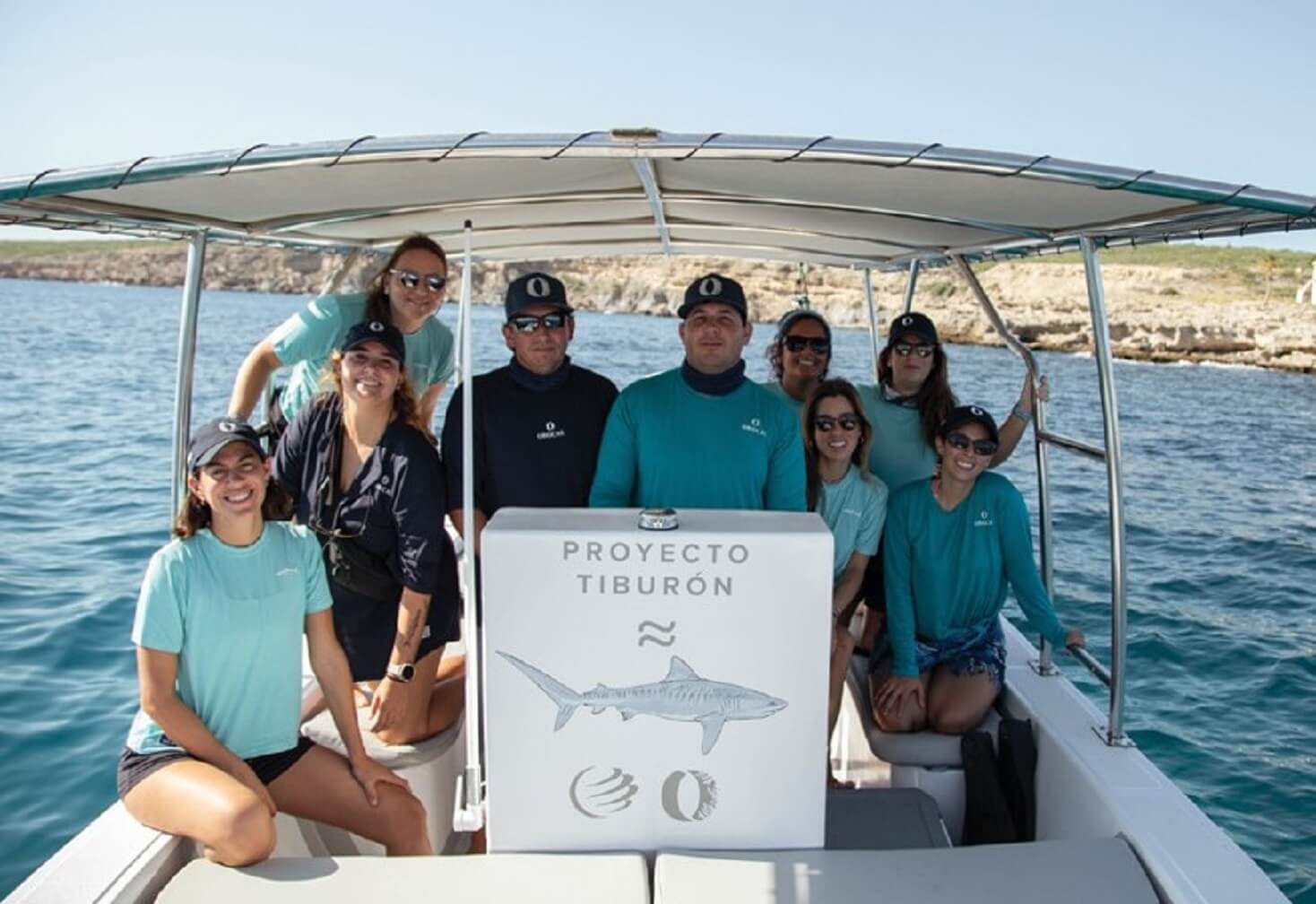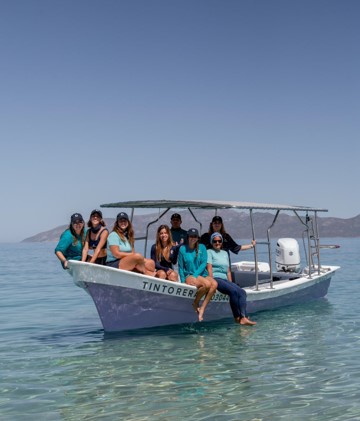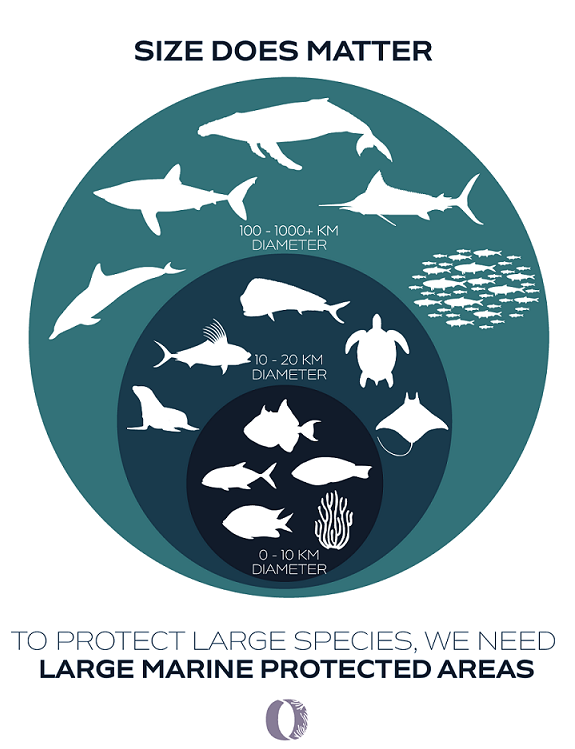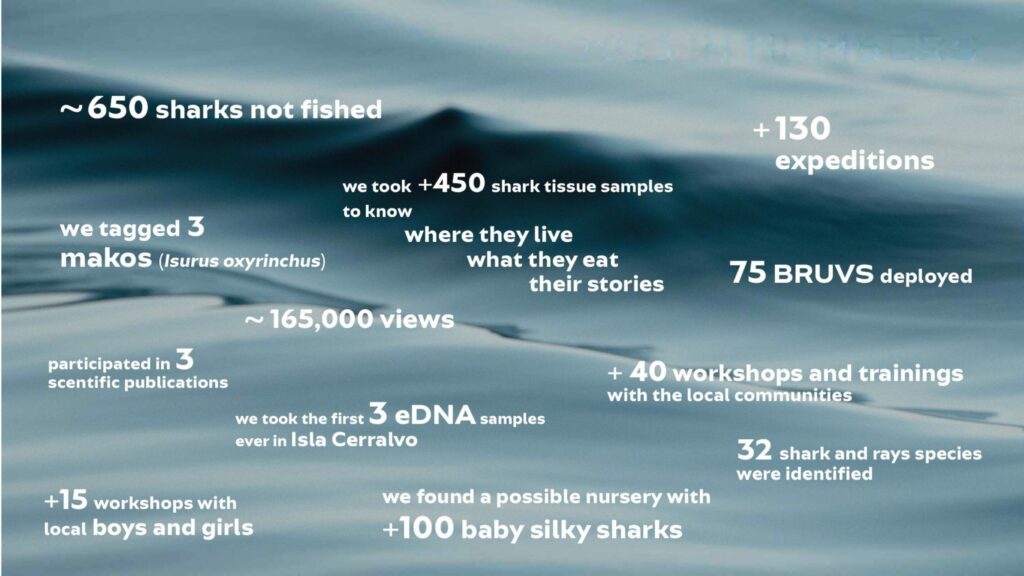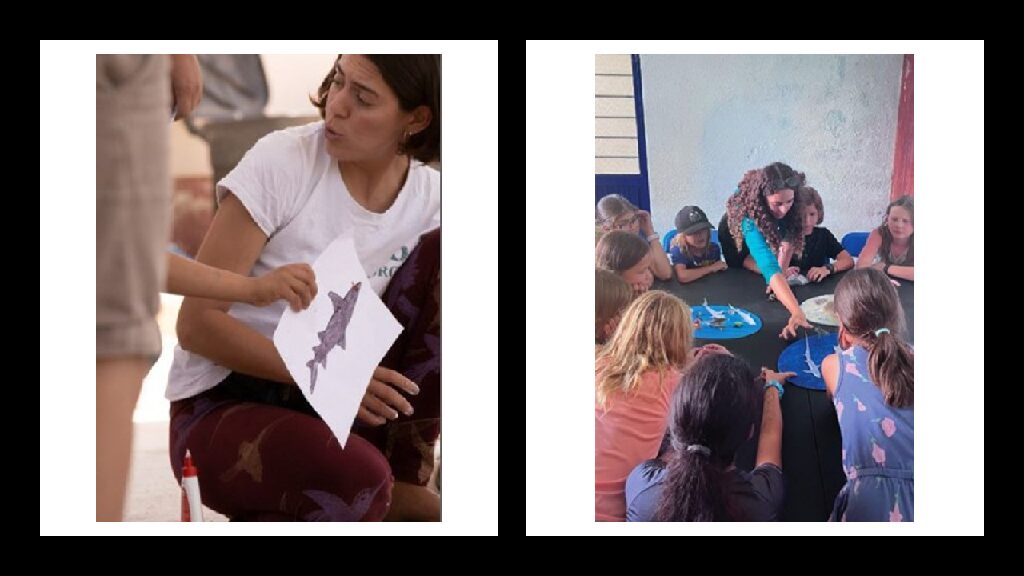Ingenuity and innovation are flourishing throughout our society, encompassing everything from how multinationals build out their global operations to enhancing the comforts we can afford in our everyday lives. Whether the latest incorporation of AI has enhanced the production line or improved the fluidity of your digital assistant, the drive behind innovation has always been to create and apply solutions to meaningful problems.
For Genesis Club member Dave Wolf, providing the foundation for these disruptive technologies is key to solving previously insurmountable problems, influencing change in our lives, and shaping a better future. As co-founder and managing partner of Pollen Innovation Group, Dave focuses on nurturing brilliant entrepreneurs and impactful innovations that contribute to the well-being of our environment and humanity.
Established in 2020, the Pollen Innovation Group is an investment group that has successfully redefined the metrics of investment success by weaving social responsibility into its ethos. Operating under the guiding principle that investments should generate meaningful returns for investors, society, and the environment, the Pollen Innovation Group has become a vital force in the world.

These principles are encapsulated by their Return-on-Happiness (ROH) model for gauging performance. Defined as “Good for People, Good for the Planet, Good for ROI,” the Pollen Innovation Group’s ROH framework integrates environmental, social, and governance (ESG) criteria into their investment decisions.
Assaf Bivas, managing partner at Pollen Innovation Group stated, “By prioritizing people, planet, and profit, we believe we can unlock a new paradigm of value creation. Our ROH framework goes beyond traditional financial metrics to measure the holistic impact of our investments.” He continued. “By considering factors like social equity, environmental sustainability, and good governance, we’re not just maximizing returns for our investors, but also driving positive change in the world.”
This follows recent evidence suggesting a correlation between the integration of ESG principles into portfolios and a 10 percent lower cost of capital. Over a four-year study period, companies with high ESG scores, on average, experienced lower costs of capital compared to companies with poor ESG scores in both developed and emerging markets. Opting to evaluate their business outcomes from this fresh perspective, the investor ecosystem fostered at the Pollen Group believes that potential returns over the longer term can be increased by broadening their perspective.
To certify that investments are suitable for people, the planet, and ROI, Pollen Innovation Group’s “Venture Garden” model brings together groundbreaking initiatives that meet the previously unmet needs of millions around the world to generate a measurable impact on communities and for Earth. Their portfolio spans diverse sectors, including sustainable technology, healthcare innovation, and biotech. This breadth allows Pollen Innovation Group to support solutions addressing some of the most pressing global challenges, from climate change to public health.
Their investments include KIP Medical, a company that pioneers biotech-based oral care, and ODE Pharma, which develops innovative treatments for respiratory and pulmonary disorders. Another notable investment is Kenaf Ventures, an advanced cleantech company transforming CO2 emissions into advanced biomaterials for various industries. These companies embody the group’s mission to address unfulfilled needs and promote sustainability.
Asaf Ofer, managing partner at Pollen Innovation Group, affirmed “The success of our portfolio companies is a testament to the power of our investment model. KIP Medical and ODE Pharma are already making significant strides in improving oral and respiratory health, respectively, while Kenaf Ventures is leading the way in sustainable material innovation. These achievements not only demonstrate the commercial viability of our investments but also highlight their positive impact on human well-being and the environment.”
Their work underscores the growing importance of impact investing in today’s financial landscape. As more firms recognize the value of integrating ESG (Environmental, Social, Governance) criteria into their investment strategies, the pioneering efforts of groups like Pollen Innovation become even more critical.
The Pollen Innovation Group offers a compelling blueprint for those looking to understand the future of responsible investing. Their unwavering commitment to balancing profit with purpose sets a high standard and serves as an inspiring model for the financial community in the future.
To learn more, visit the Pollen Group website.


